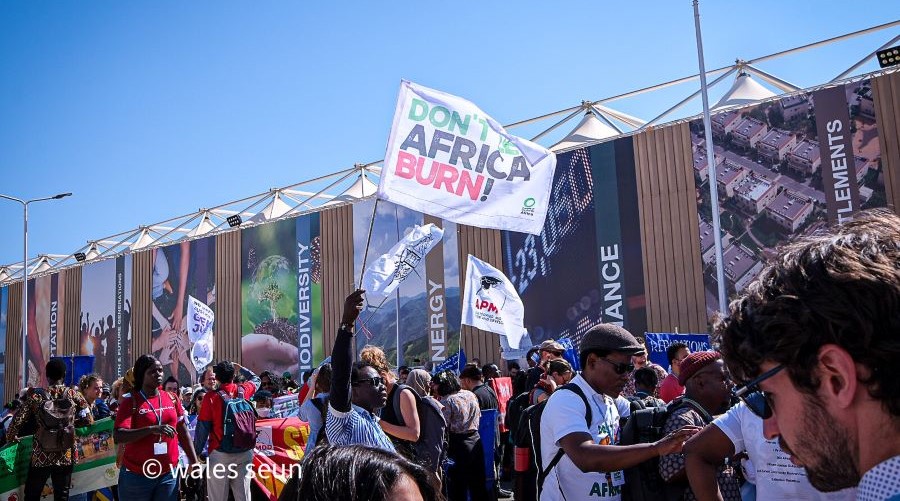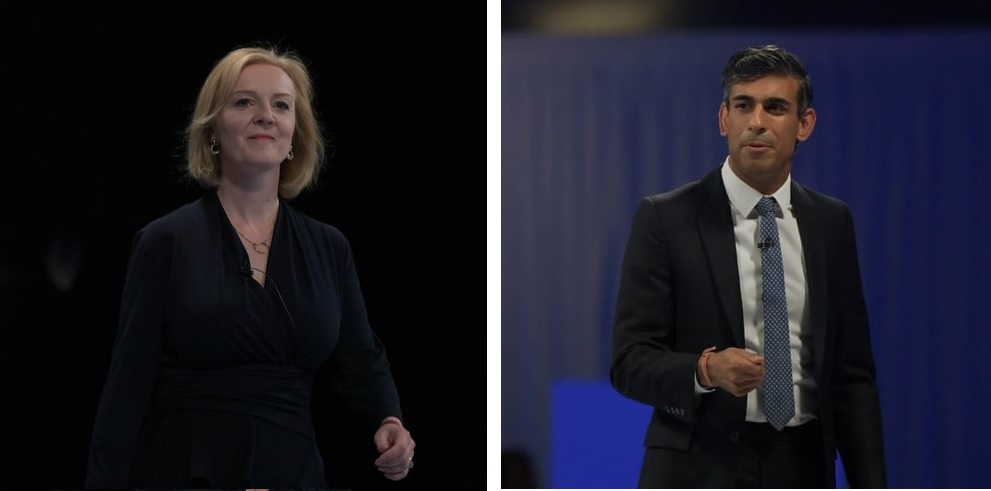Boris Johnson is set to make a statement on the UK's energy policy soon. With the war on Ukraine and prices rocketing, households who were already struggling with the cost of living crisis face further energy bill hikes. Europe may have imposed sanctions, but gas and oil sales are still funding Putin's military.
We have all the solutions to end the UK's dependence on fossil fuels. This includes cutting our energy use by insulating our homes, the most leaky and poorly insulated in Europe, investing in renewable energy and encouraging energy efficiency throughout the economy to get back on track to meet our climate targets.
We're already paying higher bills because of past failures to act on climate. In Cameron and Osborne's assault on 'green crap', zero carbon standards for new homes were scrapped, and energy efficiency schemes cut back, causing insulation rates to plummet. The onerous planning restrictions introduced in 2015 to fulfil the Conservative Party manifesto pledge to 'halt the spread of onshore wind' are still in place and have effectively blocked new wind turbines, even where they have local support. These short-sighted cuts have added at least £8.3 billion to today's energy bills. More recent policies could be described as half-hearted in the face of climate breakdown. The Green Homes Grant scheme for home insulation was badly mismanaged then withdrawn.
But opportunists like Nigel Farage have seized the opportunity to try and halt the transition, to revive zombie ideas like fracking, and to keep us dependent on fossil fuels.
We can't drill our way out of this crisis
It takes years to develop oil and gas fields. And their production is limited. Of the six North Sea fields rumoured to be under consideration, three would produce gas. They wouldn’t start operating until about 2026. By 2028 they would reach peak output, but even then they could supply only about 2.4% of UK demand for gas, and from the early 2030s, their output would decline. So future drilling cannot immediately replace Russian gas. But what if more oil and gas fields were licensed, locking us in further to fossil fuel use?
The profits would go overwhelmingly to oil companies, not to struggling families. After nearly 50 years of production, 70% of what’s left to extract from the North Sea is oil, not gas – and not the type of oil that we use in UK refineries. So companies export 80% of it. As for the gas extracted, in recent months, as gas prices have risen, companies respond by exporting more gas to sell to the highest bidder. So increasing production would not affect our energy bills.
But the emissions from all this oil and gas burning would certainly affect the climate. As of last October, 30 offshore projects had either applied for development consent or were expected to do so by 2025. If they were all approved, the combined lifecycle emissions would be over one billion tonnes of CO2
There have even been attempts to persuade the government to revive fracking - deeply unpopular with the public and highly unsuitable for production at scale in the UK's densely populated landscape.
You can sign on to an open letter against more North Sea drilling here.
The real solutions remove our risky dependence on fossil fuels for ever
Investing in renewable energy, including removing the block on onshore wind. In total, 649 individual onshore wind and solar projects have been identified which have already been granted planning permission, but are not yet built because of a lack of Government support. If all of those projects were built, they would generate more energy than the total amount generated by all the Russian gas the UK is currently importing every year from Russia.
Insulating homes and install heat pumps. UK homes are in general very poorly insulated. For example about a third of homes with a loft have no loft insulation. Measures like loft insulation, draught stripping and new windows are relatively simple to install, and could provide immediate help for those in fuel poverty. For those houses already at Band C or above, a heat pump can cut gas consumption by 80%.
A clear long-term strategy is desperately needed to avoid previous failures. And it needs to set the right level of ambition, as we ultimately need every home and public builidng to be well-insulated and energy efficient. To find out more about what could be achieved by long-term investment in renewable installation and energy efficiency, creating climate jobs around the country, read our trade union group's new publication Climate Jobs: Building a workforce for the climate emergency. There is also a useful briefing by E3G setting out nine steps the government could take this year to improve energy efficiency and cut bills by £150.
Households in fuel poverty need immediate help
The cost of living crisis pre-dated Russia's invasion of Ukraine. For many in the UK, the reality of further price increases in energy and food is not skipping holidays but skipping meals. A vital part of energy policy is meeting these families' needs. This means providing benefits, for those in work and those who cannot work, at levels which do not leave people in poverty. We also need targeted support that covers the expected rise in energy bills for households on low incomes (including those not protected by the energy price cap).
A windfall tax on the profits of energy giants who have profited from price rises could help fund this: Shell and BP combined earned £900 a second in the final quarter of 2021.
Take action
You can write to your MP via https://www.writetothem.com/




